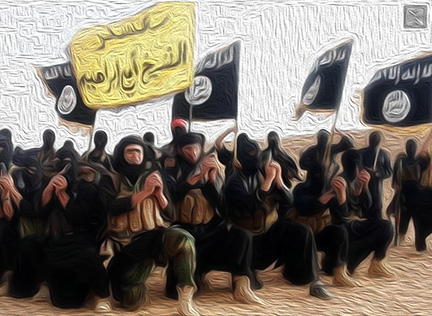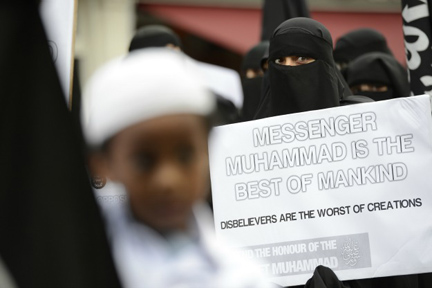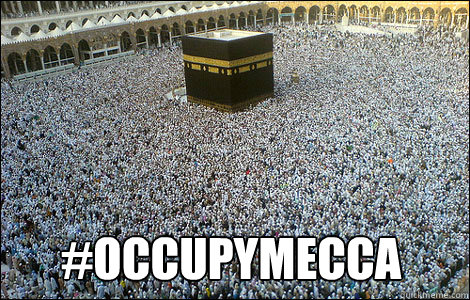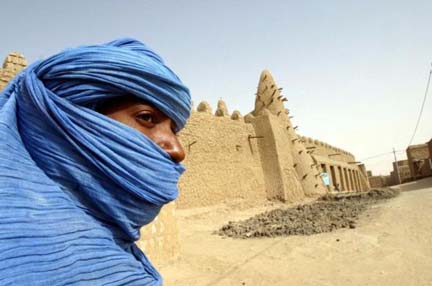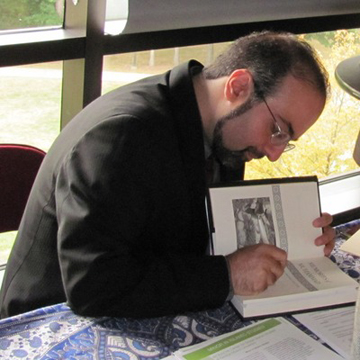
Since the start of the Saudi-led Decisive Storm campaign in Yemen, I have published two commentaries on the blog of the Center for Middle East Studies at Lund University and three interviews on The Real News. While the situation is changing daily, seemingly for the worse each day, I note these commentaries here:
Lund Blog:
Proxy Morons: The Demolition of Yemen (http://www.menatidningen.se/english/proxy-morons-the-demolition-of-yemen) March 27
Sliding Towards a Virtual Genocide in Yemen (http://www.menatidningen.se/english/sliding-towards-a-virtual-genocide-in-yemen) April 13
The Real News:
Proxy Morons: The Demolition of Yemen (3/1)
http://therealnews.com/t2/index.php?option=com_content&task=view&id=31&Itemid=74&jumival=13565 April 4
Proxy Morons: The Demolition of Yemen (3/2)
http://therealnews.com/t2/index.php?option=com_content&task=view&id=31&Itemid=74&jumival=13636 April 12
Proxy Morons: The Demolition of Yemen (3/3)
http://therealnews.com/t2/index.php?option=com_content&task=view&id=31&Itemid=74&jumival=13639 April 13
